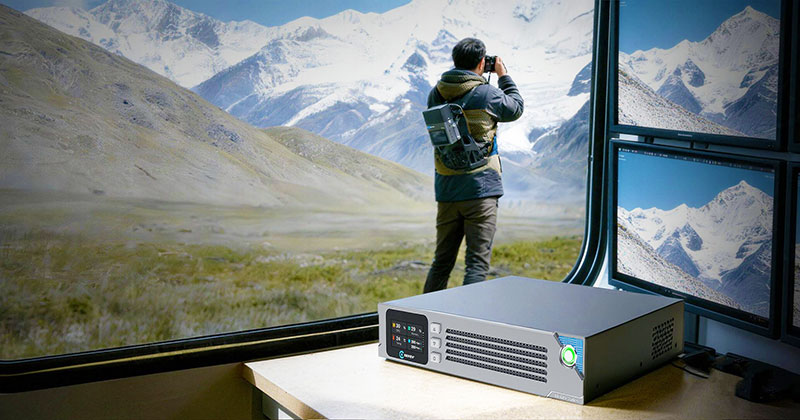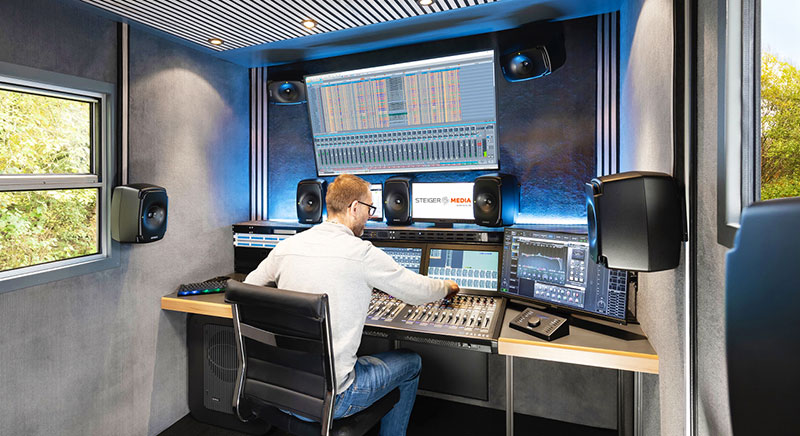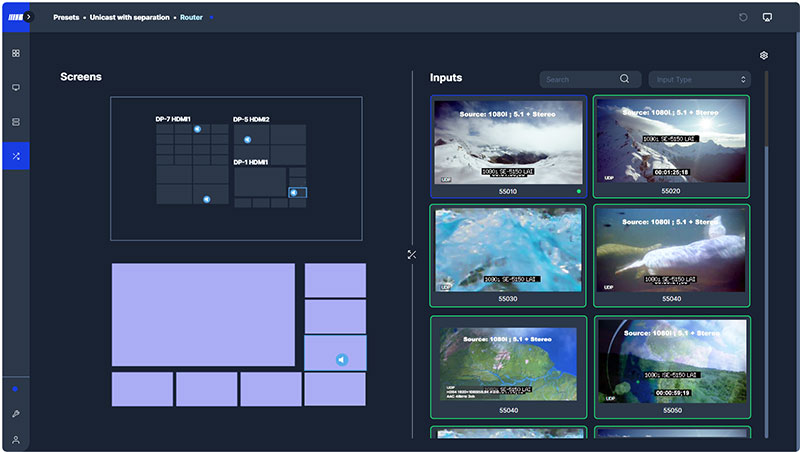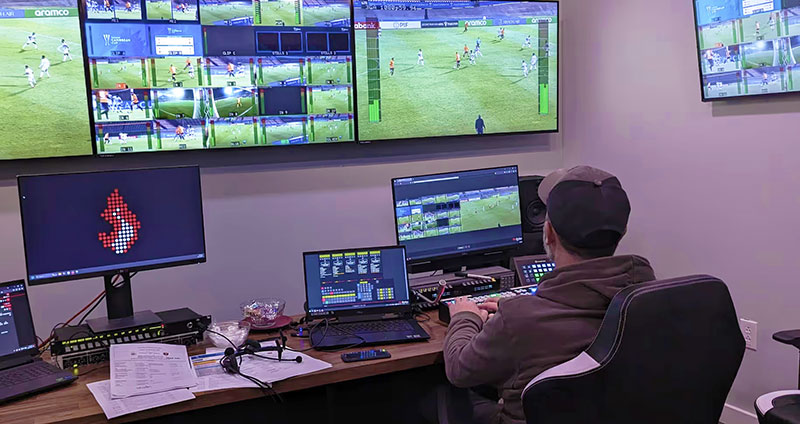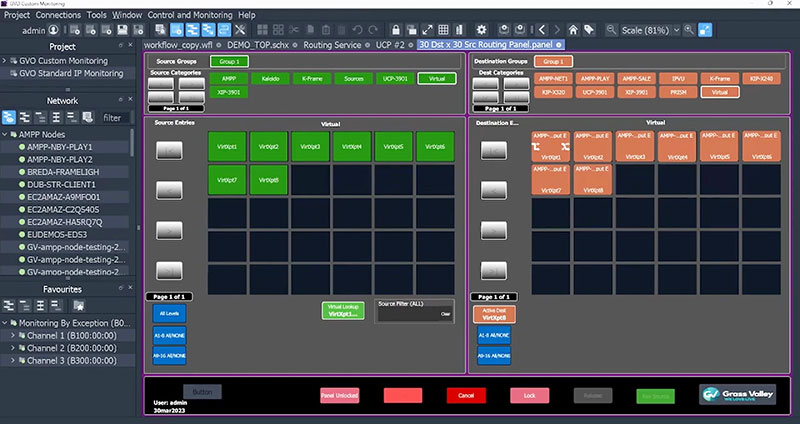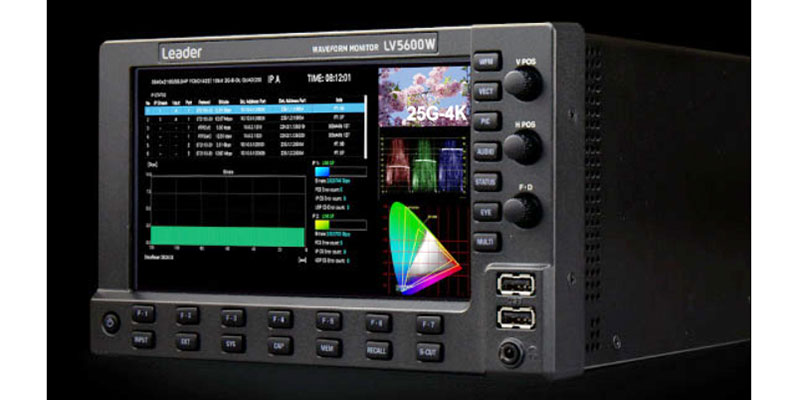AMD’s new Ryzen processors include high performance and AI features for PCs and mobile computers, soon due for release, ready for complex, AI-accelerated workloads.
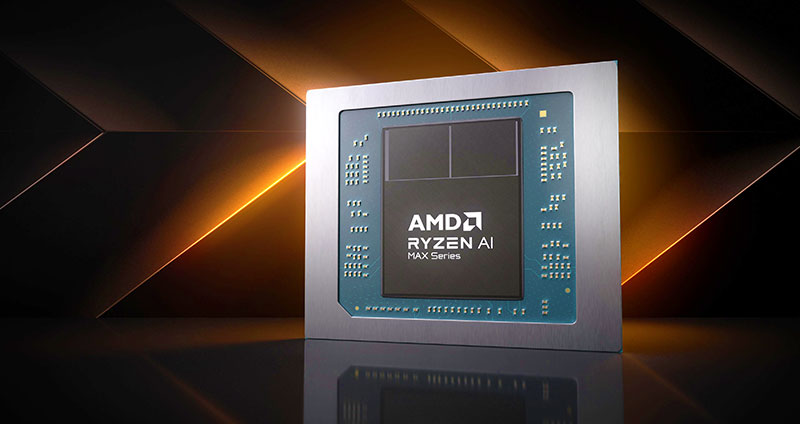
AMD’s new Ryzen processors include high performance and AI features for PCs and mobile computers. In the Ryzen AI Max Series, the new processors bring high-performance computing to thin, light notebooks, and both the Ryzen AI 300 Series Zen 5 and Ryzen 200 Series Zen 4 architecture processors have new models.
AMD also expanded its commercial AI PC lineup by integrating AMD PRO features into all three of these series. Any of the AMD PRO processors include multi-layer security for businesses, and enterprise-grade tools designed to simplify IT operations for managing PC fleets at scale. With the recent addition of cloud-based recovery, supply chain security and additional detection and recovery processes, AMD PRO gives users continuous protection against attacks.
These new processors have been announced at CES 2025.
AMD Ryzen AI Max and Ryzen AI Max PRO
The new Ryzen AI Max Series processors for AI PCs are built with up to 16 Zen 5 CPU cores, up to 40 AMD RDNA 3.5 graphics compute units, and an AMD XDNA 2 Neural Processing Unit (NPU) with up to 50 TOPS (trillions of operations per second) of AI processing ability. They are available in portable form factors to support mobility.
Featuring up to 128GB of unified memory with up to 96GB available for graphics, systems powered by Ryzen AI Max can reliably perform multitasking, while supporting large AI models. When memory is unified, both the GPU and CPU can access the same memory pool, effectively exchanging data in a shared memory space rather than transferring data between different pools. Owing to the NPU, the processors deliver the performance and functionality needed for AI-enabled workstations, and to accelerate creator software.
The new Ryzen AI Max PRO Series processors are designed for thin, light workstations, enabling users to work with large engineering and architectural models and to handle complex, AI-accelerated workloads. Availability of systems powered by Ryzen AI Max and Ryzen AI Max PRO Series Processors is expected to start in early 2025.

AMD Ryzen AI 300 and Ryzen AI 300 PRO Series Processors
AMD is introducing new Ryzen AI 300 Series processors, capable of enabling AI functionality in notebooks. As well as the existing Ryzen 9 models, the new Ryzen AI 7 and Ryzen AI 5 processor models will now include the same performance and AI capabilities.
The new Ryzen AI 300 Series processors feature up to eight Zen 5 CPU cores and the updated RDNA 3.5 graphics architecture. With an NPU powered by AMD XDNA 2 architecture, Ryzen AI 300 Series processors achieve substantially better performance than the first generation NPU. AMD's XDNA architecture stems from its acquisition of semiconductor and FPGA developer Xilinx in 2020. XDNA uses a grid of interconnected AI engines, each of which is architected to be able to adapt dynamically to tasks, including computation and memory, improving scalability and efficiency. The newer XDNA 2 architecture adds further AI engines to increase throughput.
For regular business applications, the Ryzen AI 7 PRO 350 and Ryzen AI 5 PRO 340 processors are designed to support the recent generation of Microsoft Copilot+ functionality. With AMD’s claimed 50-plus NPU TOPS of AI performance, commercial systems powered by Ryzen AI 300 PRO Series processors can be expected to support AI-enabled users, delivering security and manageability features for mobile business professionals at the same time.
Systems powered by the new Ryzen AI 300 processors are expected to be available from early 2025.
AMD Ryzen 200 and Ryzen 200 PRO Series Processors
Through the AMD Ryzen 200 Series processors, AMD is now introducing the power and capability of Zen 4 CPU cores into the FP8 (deep learning) platform infrastructure. This brings AI capabilities further down the stack of hardware options.
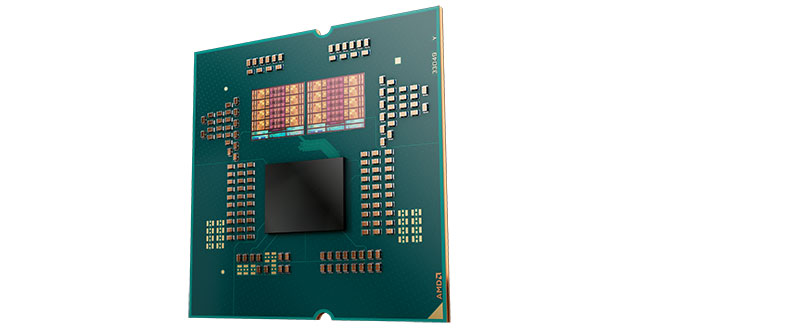
Ryzen 200 PRO Series mobile processors are designed for efficient performance for mid-level professionals. With up to eight CPU cores and 16 threads, AMD RDNA 3 graphics and up to 16 NPU TOPS, the Ryzen 200 Series make AI processing capabilities available for essential applications, and sustained performance and battery life for uninterrupted use.
Availability of new systems running Ryzen 200 and Ryzen 200 PRO Series processors is expected to begin in mid-2025.
New Ryzen-Powered Systems from Dell
OEM partners are announcing new AI-powered PCs and workstations featuring AMD Ryzen processors including ASUS, Dell, HP, Lenovo and MSI. With performance and compatibility, these systems specifically support the new generation of Copilot+ PCs. At CES this year AMD is introducing a new strategic expansion with Dell, bringing new Dell Pro systems to the market powered by AMD Ryzen AI PRO processors later this year.
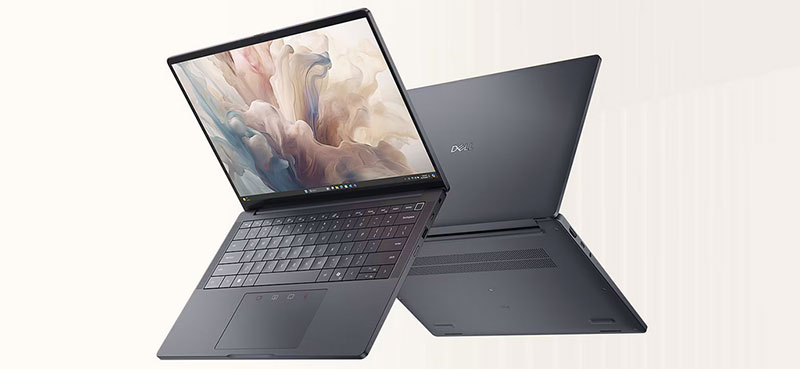
Dell indicated that they have chosen to engineer AMD Ryzen AI PRO processors into their new Dell Pro portfolio, due to their ability to increase efficiency, privacy, personalization and connectivity. The company is also interested in the processors specific support for Copilot+ features such as live captioning and language translation in conference calls and AI image generators, and also for the PRO series’ security and manageability features [see above].
The new Dell Pro portfolio includes notebooks and desktops powered by AMD Ryzen AI PRO processor options. These PCs are able to take advantage of the combined capability of the processor’s built-in CPU, GPU and NPU, which results in long battery life, on-device AI, Copilot+ applications and reliable use in the office, at home or elsewhere.
AMD and Dell have collaborated on enterprise hardware for many years. AMD Threadripper PRO processors have powered high-performant workstations for designers, engineers and creators who need to accelerate workflows and tasks. Furthermore, AMD EPYC CPUs have powered multiple generations of Dell PowerEdge servers, handling workloads from traditional data centre applications to AI tasks. www.amd.com








